21 Sep 2017
Mehdi Pazhoohesh, a postgraduate student at Xi’an Jiaotong-Liverpool University, has been conducting research into air-conditioning technology that could lead to increased comfort for occupants of shared spaces and energy savings of 11 to 41 percent.
The research, completed as a successful PhD project at XJTLU, is related to the topic of smart buildings, an important area for innovation in the built environment. The specific aim of Mehdi’s research is to keep occupants satisfied while saving energy.
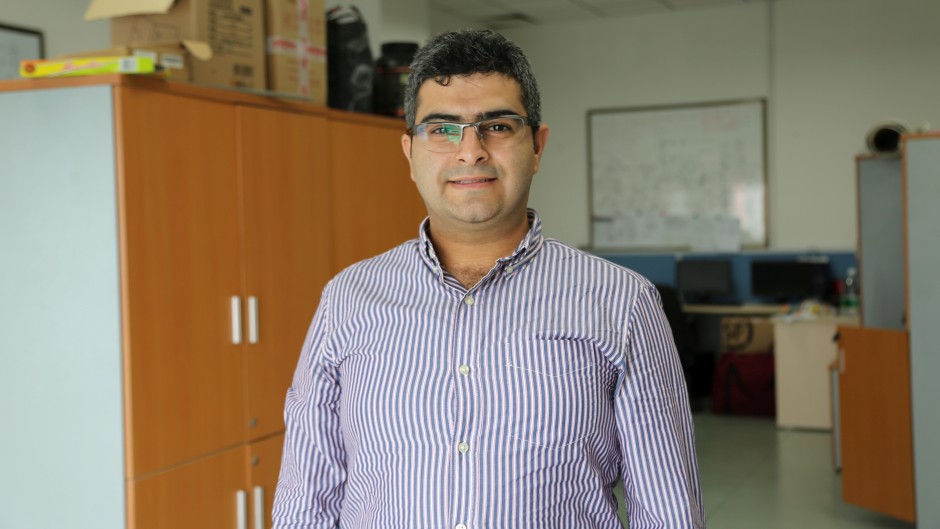
“Most of the energy consumption inside buildings is related to cooling and heating systems,” said Mehdi (pictured above), who is from Iran. “That’s why we focused on this area. However, my methods could be applied to lighting systems as well.”
The principle of his method is to collect data on the occupants of buildings – their ‘occupancy patterns’ or what areas of buildings people occupy and at what times, and their ‘thermal preferences’ or how hot or cold people prefer particular rooms to be – and to feed this data into computers that control Heating, Ventilation, and Air-Conditioning systems (HVAC).
Machine learning algorithms can then determine when rooms are occupied by particular people, with HVAC settings being automatically adjusted to suit their preferences. It can also be determined when rooms are unoccupied so that air-conditioners can be automatically turned off.
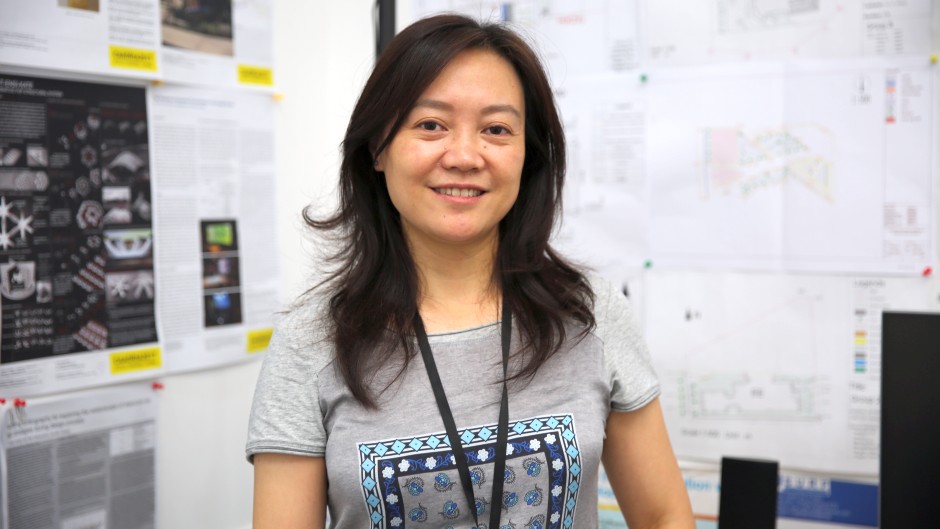
“When people talk about energy saving in buildings, their focus is usually purely technology-oriented without considering too much about the occupants’ feelings,” said Dr Cheng Zhang (pictured above) from the Department of Civil Engineering at XJTLU, principle supervisor of Mehdi’s PhD project.
“However, a ‘green building’ should also provide a healthy and comfortable environment to its occupants since human beings spend 90% of their time indoors,” she said.
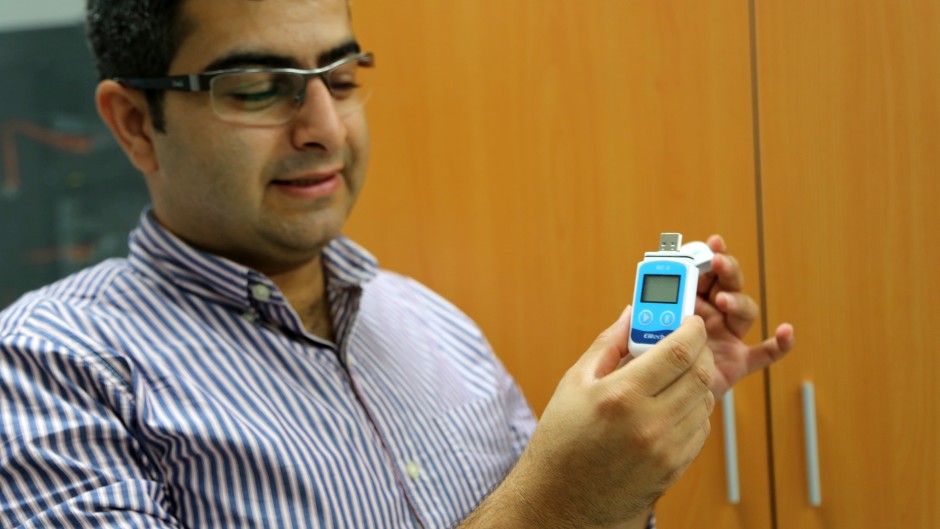
Mehdi completed a masters degree in energy and sustainability with electrical engineering at the University of Southampton, UK, before deciding to pursue at PhD at XJTLU. He chose to conduct his research in China due to the relatively low cost of equipment, but also because of the support XJTLU offers for interdisciplinary research projects.
“XJTLU is a young and vibrant university where academic staff are open-minded and willing to do multidisciplinary research collaborations,” said Dr Zhang. “That’s how Mehdi’s research could be successfully done with support from experts from the departments of Electrical and Electronic Engineering and Computer Science and Software Engineering.”
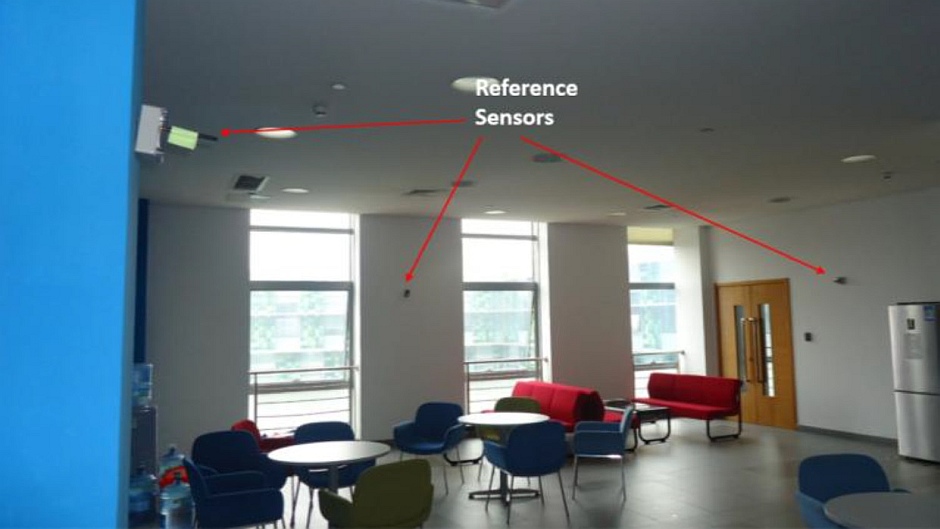
Mehdi explained in detail how he conducted the research project, starting by collecting data on his own occupancy patterns:
“I realised that I usually arrive at the University on Monday around 7am and leave on Friday around 4pm,” he said. “That’s the pattern of my working hours, but for this project we needed to track people’s movements inside buildings.”
He convinced nine other PhD students at XJTLU to participate in the project, and used sensors to collect data on their movements within the Engineering Building on the University’s North Campus. He also collected data on their thermal preferences, and used more sensors to monitor the variations in temperature in particular sections of rooms.
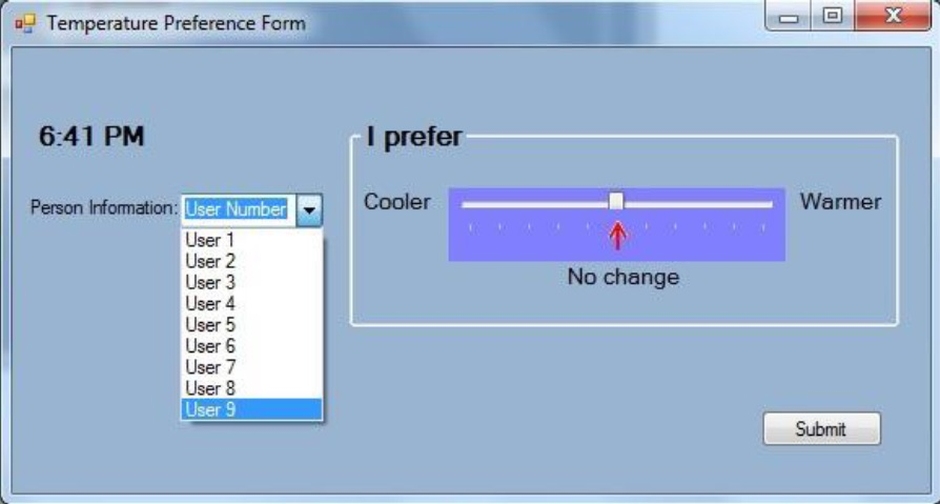
All this data allowed Mehdi to develop an intelligent system to control HVACs that can better ensure people’s comfort within rooms with temperatures being automatically adjusted to suit their preferences. Thanks to the computer models Mehdi developed, a person with very different thermal preferences to their colleagues in a shared workspace can be relocated to another part of the room in which they would be more comfortable.
Regarding the energy savings that could result from his research, Mehdi said that the method and results are confirmed not only by his PhD examiners but also by reviewers of one of the journals of the American Society of Civil Engineers.
“I implemented the technique for one month, and my results were not based on simulations but on reality. We found that during one month an HVAC unit that responded to occupancy and thermal preferences had a total operating time of only 5.5 days.”
Mehdi has been presenting his research to various companies, including those in Shanghai. He has also been working on another research project that has applications in the construction industry: working with thermal imaging to monitor the progress in construction sites automatically.
“Thermal images can allow project managers to better monitor the progress of construction,” he explained. “Newly-built sections are warmer, and are therefore visible on a thermal image in parts of a construction site that cannot be seen by the naked eye or by a traditional camera.”
reporting and photos by Danny Abbasi; additional images provided by Mehdi Pazhoohesh
21 Sep 2017
RELATED NEWS
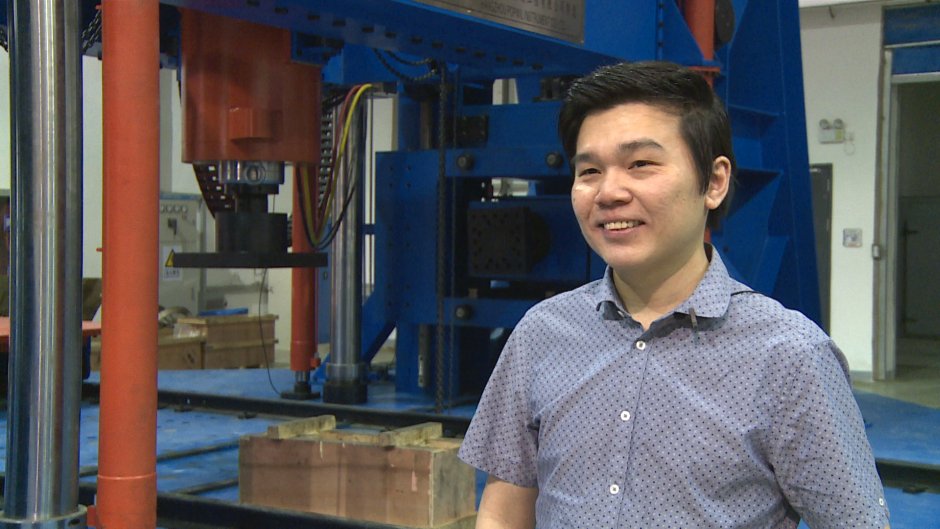
Industry funding for XJTLU research into fibre-reinforced concrete
Xi’an Jiaotong-Liverpool University has signed a significant agreement for substantial external funding from construction company Innostrux, following intern...
Learn more

PhD students say XJTLU is great for doctoral study
With cutting-edge facilities and a growing body of research-active staff offering fantastic opportunities for doctoral students, Xi’an Jiaotong-Liverpool Uni...
Learn more








